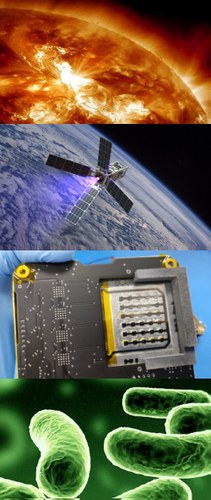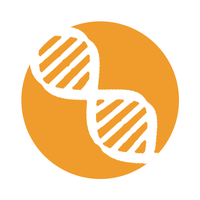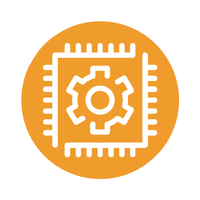
The Global Exploration Roadmap reaffirms the interest of space agencies to expand the human presence into the Solar System, with manned exploration missions being planned to the lunar orbit and surface, then to Mars.
It also points out that the top concern for such manned missions is exposure to space radiation, whose intensity is much higher for missions outside the Earth’s magnetosphere. Indeed, ionizing radiation increases the risk of astronauts developing cancer, experiencing central nervous system dysfunctions, exhibiting degenerative tissue effects or developing acute radiation syndrome.
At present, countless biology and biotechnology experiments are being conducted on the International Space Station, but experiments beyond Low Earth Orbit are required to prepare future deep space manned missions. To this purpose, a key enabling step is miniaturizing and providing full autonomy to the experimental facilities, which can thus be remotely operated in small missions and with no dependence on larger infrastructure and human intervention.
The EU-funded ALCYONE project aims to develop an innovative analytical platform for studying the effects of space environment on living cells. The project will design a lab-on-chip that will implement a micro-incubator to study cell cultures and radiation effects on them during space missions using bioluminescence. ALCYONE will allow for in situ evaluation of space environment effects on model biological systems and further contribute to the search for novel shielding solutions.


